I am standing at the kitchen sink and I sigh at the pile of unwashed dishes. I start rinsing and jamming them into the dishwasher as fast as I can because my mind is already racing to the next five things I have to do and I feel like it’s insurmountable. It’s also monotonous. My son runs by screaming in some made-up game about dragons and I tense up at the noise and snap at him to not run in the kitchen.
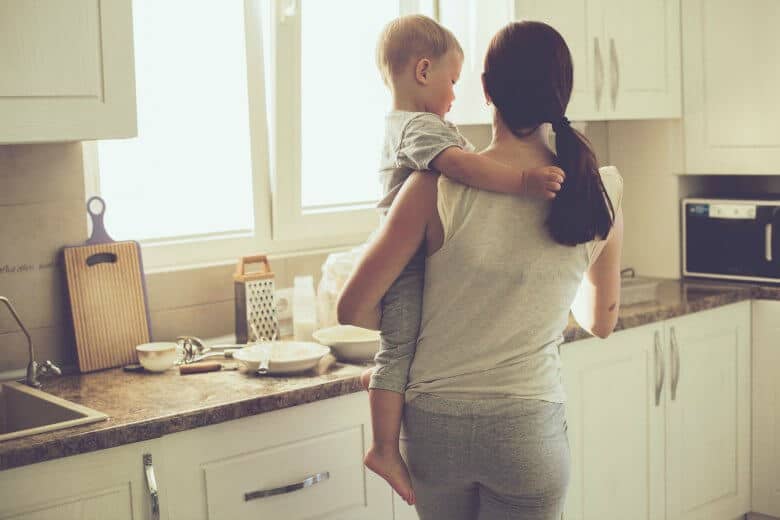
Does any of that sound familiar to you? That stuck-in-a-rut, low-key irritation feeling? I know that I’ve felt like that a million times. But, I’m here to tell you there is a different way to feel. A way to harness the power of your ever-changing brain, perhaps even most especially in the parenting years.
My Own Journey to A Mindful Brain: The Beginning
My journey in mindfulness began in graduate school. I signed up for a class in transpersonal psychology — or the psychology ‘beyond the self.’ It was taught by a professor who blended eastern philosophical orientations with western psychological approaches.

The highlight of the semester was when a group of Tibetan Monks came to visit our class. They didn’t lecture or really, even talk that much at all. They taught by example, by doing. In a way very similar to the parent-child relationship.
They spent most of their time with us creating a Mandala from colored sand. Bit by bit they sculpt the sand into an extremely detailed piece of art.
The construction of the mandala is a form of mindfulness meditation in itself. It is an exercise in immersing oneself in the task at hand, simply for the sake of being dedicated to something in that moment.

Once the Mandala is complete, the monks ceremoniously destroy their work. The mandala represents the impermanence of life.
The impermanence of our life. How, like a piece of colored sand, each of us is just a small speck in the universe of existence. How we are intricately interwoven and beautiful. And how — we all have just a moment in time to make a beautiful and meaningful life.

What does any of this have to do with the monotony that parenting sometimes is? Everything… I’ll get there at the end — but first… we need to understand a little brain science…
Parenting and Mindfulness: Changes in the Adult Brain
As an adult, our brains are less plastic, less changeable than our children’s. We are developed and mature — set in our ways so to speak. Yet, the adult brain is not rigid. It is still plastic, although less so. There are two things in particular that can cause quite significant changes in the adult brain:
- Having a child.
- Learning and practicing meditation.
How Having a Child Changes the Brain — in a Good Way!
Research shows that there are increases in gray matter volume in the prefrontal cortex, parietal lobes, and midbrain areas in mothers postpartum. This newly developed “parental” brain is thought to help us respond to infant cues.
Do you lose brain cells when you have a child?
Increases in gray matter are followed by an intense period of pruning — the loss of gray matter for at least two years after birth. This has been the subject of much negative press and jokes– “Having kids is killing off my brain cells, no wonder I can’t remember anything!”
This is sort-of true. When the brain develops many new connections, the brain is less efficient and communication within the brain is muddled. Thinking and remembering does feel harder because it is in this new over-connected and less efficient brain.
Significant brain development like this happens three times in our lives: toddlerhood, mid-adolescence, and after having a child. So, think about how a toddler acts, how an adolescent acts, and just discard your “mom guilt” right here and right now. The same part of the brain — regulatory systems — is under development at these three periods. And while you are at a different stage than a toddler or adolescent, any time you are dealing with new brain development — it’s hard!
But it is isn’t the ‘loss of brain cells” like the jokes suggest that it is hard. It is having too many brain cells, or really, too many connections. With new connections, comes new abilities. But, the brain has to learn from experience which connections are important. Which connections to strengthen — and the rest are pruned away.
Until, the brain figures out which connections it really needs and strengthens those and prunes the rest — hence the loss of gray matter. But really, it is the GAIN of stronger new connections in the brain.
Research shows that women with more “loss” of gray matter (read: pruning and strengthening of connections) had a stronger attachment to their infants and less negative feelings towards their infants.
The changes we see in a mother’s brain during pregnancy and after birth are located in areas associated with emotions and regulation. And there is evidence that changes happen in dad’s brains too, so it isn’t completely explained by the hormonal changes of pregnancy and birth.
When we become a parent, our brains change.
When our child is born, we are born as parents.
This is a new role and with it comes newly developed parts of our brain. And we must be gentle with ourselves. We are not born knowing everything we know to be a good parent. We are learning and growing right alongside our kids.
One Other Way The Brain ‘Grows’ in Adulthood: Meditation
There is only one other thing besides having a child that is known to change in the brain in adulthood is meditation. Research suggests that practicing mindfulness meditation for just 8 weeks is associated with changes in gray matter concentration in brain regions involved in learning and memory processes, emotion regulation, self-referential processing, and perspective-taking in adults.
While these are not exactly the same areas of the brain that changes with parenthood, there is a significant overlap. Why does this matter? When you become a parent your brain may be primed to be able to learn things like mindfulness. You may pick it up faster or easier than at other times in your life.
Meditation may be a way to harness your newfound parental brain.
And that is could be a really good thing. Because mindfulness training (compared to relaxation) in adults dissipates stress by causing a reduction in inflammatory biomarkers. It makes you more stress-resilient. There are also increases in empathy and compassion in adults who practice mindfulness meditation — both qualities necessary in parenting.
The Mindful Parent: Harnessing the Power of Your Brain
So, if we all start meditating all day it’s all hunky dory? Not exactly.
Benefits for children were not necessarily seen for parents who meditated, but for those whose parents used mindfulness as part of their parenting, as a parenting tool.
Mindfulness in parenting is harnessing the power of the parent brain in conjunction with the mindful brain — using your newfound skills and abilities to their fullest. Reaching your potential as a parent.
So, what is mindful parenting exactly?
A Shift in Perspective
Really it all comes down to a shift in perspective. From being harried and rushed to being present and engaged in the moment. To being self-aware of your own state of mind so you can detect the early symptoms of stress and stop the cycle. To go from trying to do it all, to being here right now.
Be Present.
So that you can…
- Intentionally and mindfully respond to your child instead of automatically reacting.
- Recognize that your child’s behavior is unformed communication.
- Mindfully listen to what your child is trying to tell you in words, in emotions, and in behavior.
- Identify your own emotional triggers as they first start to bubble up.
- See that your child’s emotions are bigger than they are.
- Pause, breathe, and think before you respond.
Mindful Parenting in Action
Being a mindful parent is being fully engaged and aware. Proactive rather than reactive. The easiest way to start is to simply pause and reflect before you react.
Embrace imperfection.
Researchers who study mindful parenting use it as an intervention aimed at reducing self-judgment, especially as it comes to our own judgment of our parenting. They have found that practicing mindful parenting leads to less depressive, anxious, and stress-symptoms in mothers.
We are growing and changing as parents. Parenthood is a journey — an amazing journey in which we ourselves are developing and changing right alongside our kids. Our milestones cannot be captured on growth charts or speaking first words, but rather in our emotional and cognitive world. We will have growth spurts and awkward phases too — that is part of our growth.
We aim for patience and kindness. Parenting without harsh words or loud voices. But we are all human. Part of being a mindful parent is having self-compassion.
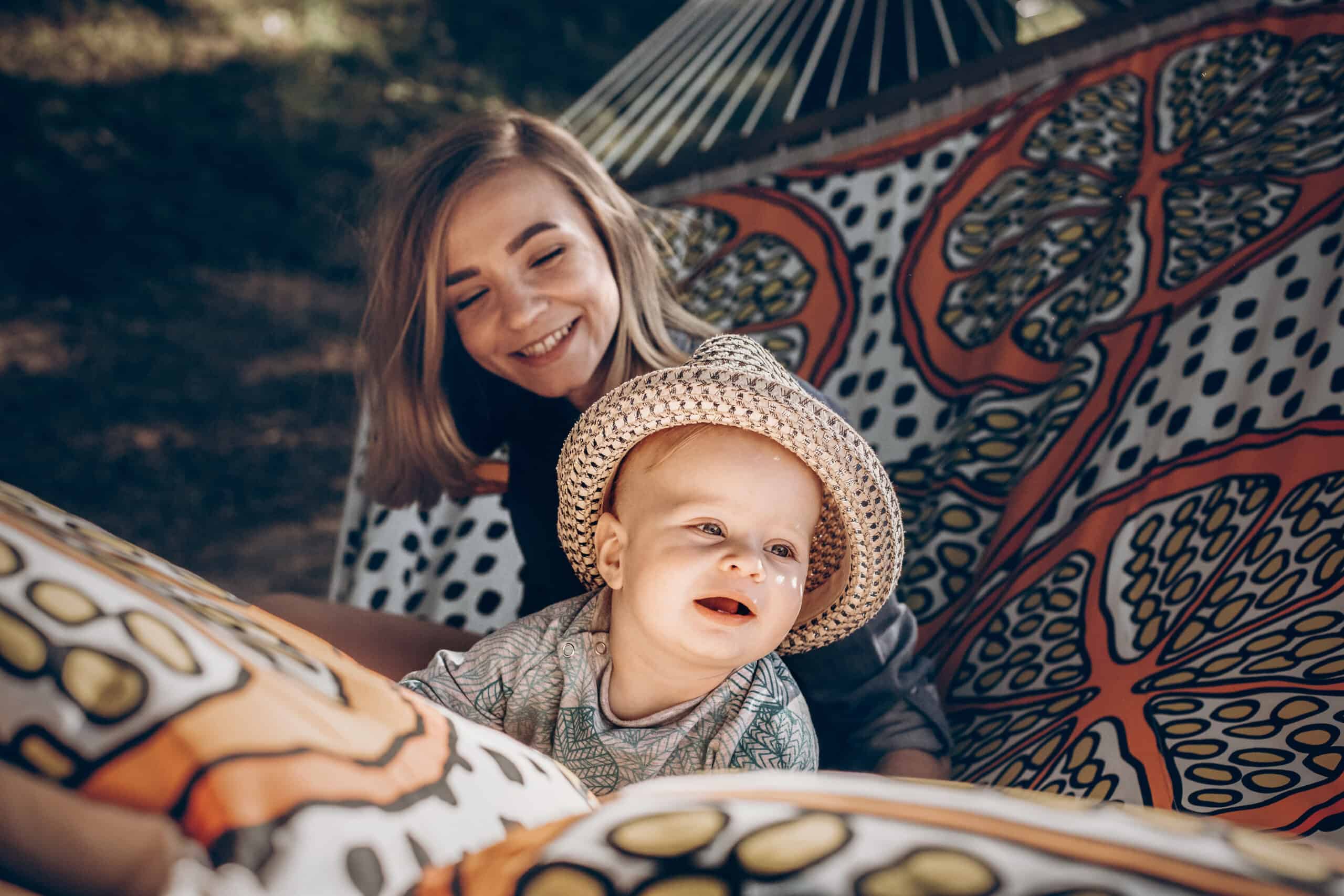
Raising a child — giving them tools for life — watching them grow and then letting them go — it’s emotional, it fills us with joy and sorrow all at once.
It’s an amazing, soulful journey that we are on.
One of the things I remember most from the visit with the Tibetan Monks all those years ago is how happy they were. We all commented on it because it took us a little by surprise. We had expected the monks to be serious, perhaps solemn. We had prepared ourselves to be presentable by being straight and stiff — yet as soon as we met them we felt their non-judgmental compassion and our guards came tumbling down.
We found ourselves cheerful and joyous. And I realize now — this is how I want to be as a parent — how you probably want to be as a parent too.
As a parent, I found mindfulness again. I’d like to meditate more consistently. I’d like to be less anxious and worried. I’d like my son to look back and remember a light-hearted mother who was there, engaged, who listened with compassion. It’s a self-compassionate journey.
Here I am again, washing the dishes. I feel the stress start to bubble up and I stop it. I look out the window — there are a few cardinals and a wren eating at the feeder. I exhale slowly. I notice the smell of the ginger-yuzu dish soap (my favorite) as I scrub the pan clean. Yes, it will get dirty again soon, but for now, I feel satisfaction that it is sparkling clean. I breathe.
And when my son runs by on his imaginary dragon — I smile — I tell him there are birds outside and I tell him not to run by the dishwasher when it’s open. He smiles and races around the table while I start piling dishes into the dishwater.
It sounds hokey, but the only real difference is — I’m present.
I still have 10 — no 20 more things to do. My son is still screaming. But I’m different.
I am choosing to be different. I am choosing to be here — to see my son — to smile at his imagination.
Because one day — all those brightly colored pieces of sand will be swept away.
All I really have is now.
It’s not time that makes life meaningful. Time is an illusion, time makes us busy and sad.
It’s the connections we make — how we listen to each other — being present in the moment — that makes life meaningful.
There is a place for memories and there is a place for planning. But if you spend all your time in the past or in the future, you miss today.
If you engage and connect with your child in the moment, the rest of it fades away and you find yourself enjoying this time.
This mundane moment washing dishes as he runs around with dragons.
Want More?
Five Steps to Calm and Centered Even When Your Child is Out of Control
10 Empowering Things to Say to Your Kid Instead of ‘Calm-Down’
How to Stop Losing Your Cool With Your Kids—With a Powerful Pause
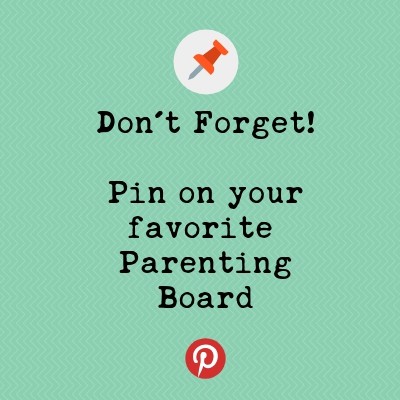
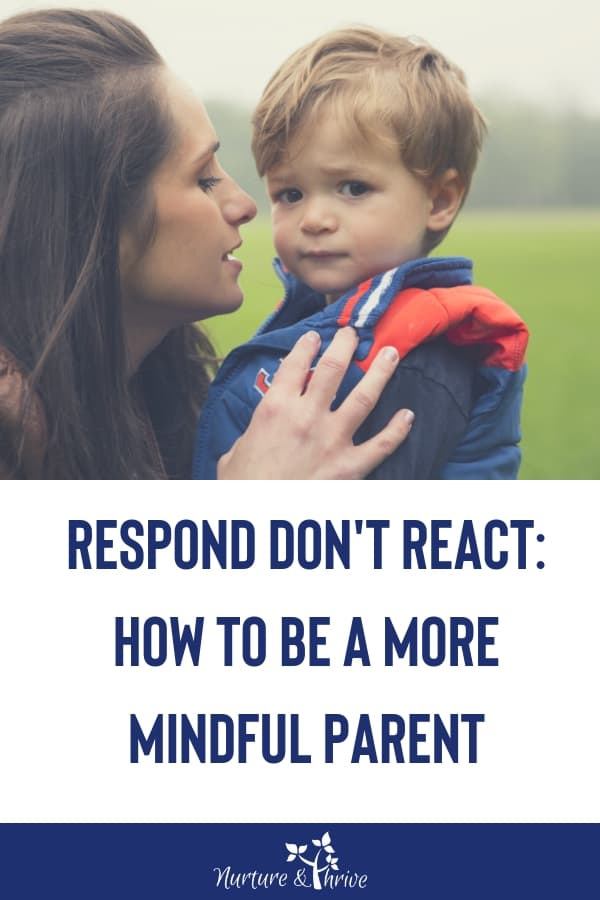
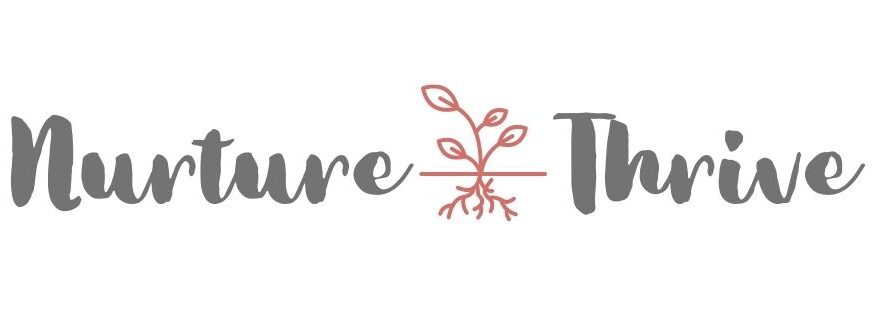
 Toddler Defiance and the Brain: They Know Better, But Can They Do Better? (yes, but they need help)
Toddler Defiance and the Brain: They Know Better, But Can They Do Better? (yes, but they need help)